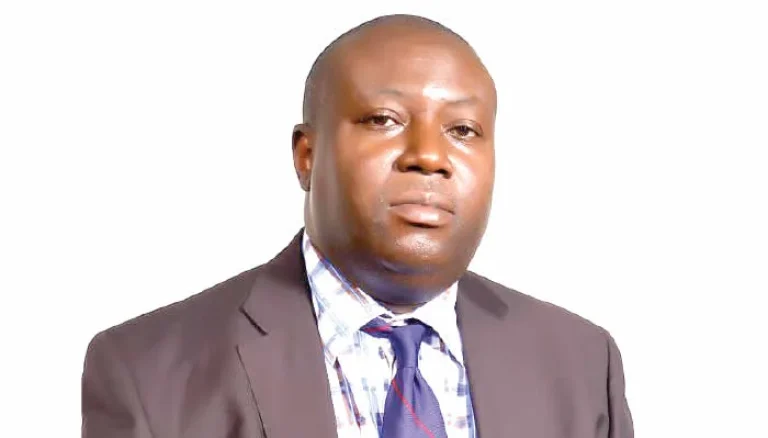
Some departments in teaching hospitals are closing down due to the high rate of brain drain (Japa), according to the Medical and Dental Consultants’ Association of Nigeria (MDCAN), which has sounded the alarm.
In a press briefing following MDCAN’s 13th Biennial Delegates meeting and scientific conference in Kano, newly elected President Prof. Muhammad Muhammad expressed regret that no less than 500 specialist doctors with speciality in teaching had emigrated, as reported by Vanguard.
“The survey we conducted some two years ago shows that, about 500 specialist doctors have left Nigeria,” Prof. Muhammad said.
These are the absolute pinnacle of the field. They are the ones responsible for bringing up the next crop of doctors in Nigeria’s medical schools and in specialised training programmes.
Some departments are closing or are down to just one or two doctors providing care that would have otherwise been provided by 10 due to the alarming rate of migration (Japa).
At the current rate of production, it will take nearly ten years for the country to replace the lost workers. As you can see, it has reached frightening proportions. The situation has only worsened since then.
Migration of highly skilled health care professionals not only out of Africa but also to the neighbouring West African countries has posed persistent challenges, as previously discussed.
With Nigeria’s health care workforce rapidly declining, the government is being urged to act swiftly in providing “holistic solutions” to the problems caused by brain drain.
It will be difficult to keep people from leaving (‘Japan’) if the current state of infrastructure, working conditions, and security is not improved.
The massive exodus of medical professionals to warmer climes poses a serious threat to medical education.
“At the present time, a number of universities have a lower training quota than the available faculty and facilities can realistically fulfil.
“Concerted efforts should be made by the Governments to motivate its available human resources for health” in order to “sustain and improve on the quality of undergraduate and postgraduate medical trainings in Nigeria.”







